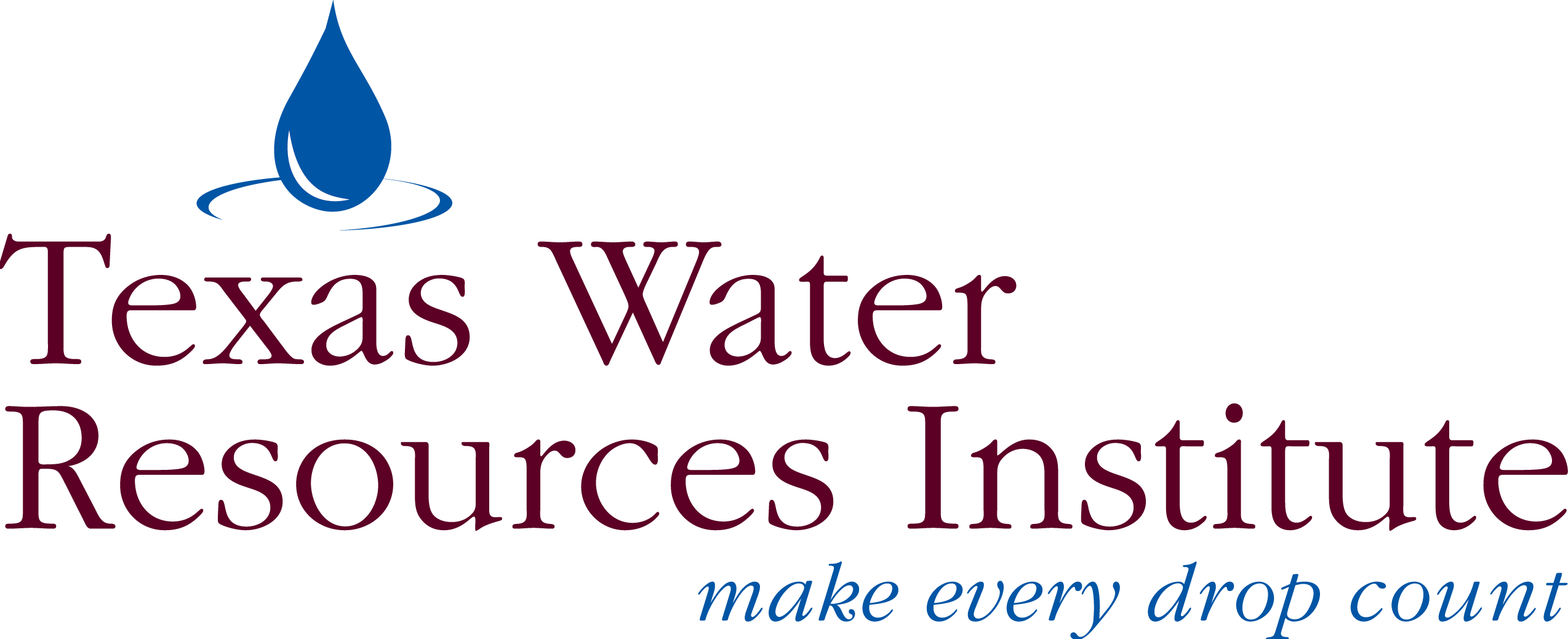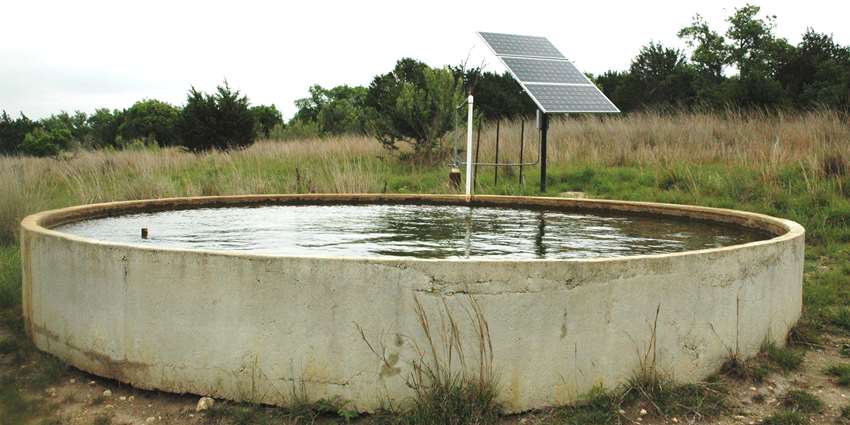The Texas Well Owner Network (TWON), is hosting a water well screening July 28 in Levelland to give area residents the opportunity to have their well water screened.
The Well Informed water sample drop-off will be the day before, July 27, from 8:30–10:00 a.m. at the Texas A&M AgriLife Extension Service office for Hockley County, 1212 Houston Street #2. Sample containers must be picked up beforehand and water samples must be turned in by 10 a.m. on July 27. The cost of each sample is $10.
A one-hour meeting will explain screening results will be delivered to participants at 5:30 p.m. July 28 at the Hockley County Extension Office. TWON personnel will deliver the results via distance technology. For more information on the event, visit the TWON website.
The screening is presented by AgriLife Extension and Texas Water Resources Institute (TWRI), in partnership with the AgriLife Extension office in Hockley County.
John Smith, AgriLife Extension program specialist, College Station, said area residents wanting to have their well water screened should pick up a sample bag, bottle and instructions from the AgriLife Extension office in Hockley County.
“It is very important that only sampling bags and bottles from the AgriLife Extension office be used and all instructions for proper sampling are followed to ensure accurate results,” Smith said.
Smith said private water wells should be tested annually. Samples will be screened for contaminants, including total coliform bacteria, E. coli, nitrate-nitrogen and salinity.
Smith said research shows the presence of E. coli bacteria in water indicates that waste from humans or warm-blooded animals may have contaminated the water. Water contaminated with E. coli is more likely to also have pathogens present that can cause diarrhea, cramps, nausea or other symptoms.
The presence of nitrate-nitrogen in well water is also a concern.

“Water with nitrate-nitrogen at levels of 10 parts per million is considered unsafe for human consumption,” Smith said. “These nitrate levels above 10 parts per million can disrupt the ability of blood to carry oxygen throughout the body, resulting in a condition called methemoglobinemia. Infants less than 6 months of age and young livestock are most susceptible.”
Salinity, as measured by total dissolved solids, will also be determined for each sample, he said. Water with high levels may leave deposits and have a salty taste. Using water with high levels for irrigation may damage soil or plants.
Smith said it is extremely important for those submitting samples to be at the July 28 meeting to receive results, learn corrective measures for identified problems and improve their understanding of private well management.
For more information, please contact the AgriLife Extension office in Hockley County at 806-894-3159.
To learn more about the programs offered through the network or to find additional publications and resources, please visit http://twon.tamu.edu or contact Smith at 979-204-0573, johnwsmith@tamu.edu or Joel Pigg, AgriLife Extension program specialist and TWON coordinator, College Station at 830-275-3866, j-pigg@tamu.edu.
Funding for TWON is through a Clean Water Act nonpoint source grant provided by the Texas State Soil and Water Conservation Board and the U.S. Environmental Protection Agency. The project is managed by TWRI, part of Texas A&M AgriLife Research, AgriLife Extension and the College of Agriculture and Life Sciences at Texas A&M University.



